In the past two weeks, major votes have taken place in two Eastern European countries that have been framed as a choice between Russia and the West: the Referendum on European Union Membership in Moldova and the Parliamentary Election in Georgia. In both cases, widespread Russian disinformation campaigns and electoral fraud have been alleged, and results have demonstrated Russia's ongoing normative influence and structural power in the region.
Moldovan referendum on EU aspirations
On Sunday, the 20th of October, Moldovans went to the polls to vote on a referendum that proposed enshrining the country’s EU membership aspirations into the constitution. The referendum succeeded, although only on a knife’s edge, with the 'yes' vote totalling 50.46% of votes and the 'no' totalling 49.54%. Although on the surface level this may seem like a step towards Moldova’s European future, these numbers came as a shock to the incumbent Sandu government, who had expected the referendum to pass with figures between 54 and 65%. Sandu has alleged that the unexpected results of the referendum are the product of Russian interference, calling it an “unprecedented assault on democracy”. However, although Russian influence explains much of this unexpected result, the strength of the ‘no’ vote is not explained entirely by electoral fraud. Despite the referendum results being successfully validated by the Moldovan constitutional court on the 31st of October, the referendum demonstrates Russia’s continued influence over Moldovan domestic politics, raising concerns for Moldova’s European future.
Moldova and the EU
Under the Sandu government, Moldova applied for EU candidacy status in March 2022 (immediately following Russia’s invasion of Ukraine) and was officially granted this status just three months later. As a post-Soviet country that borders Ukraine, this fast turnaround can be seen as a product of the EU's strategic shift east. That is, in the wake of Russia's invasion of Ukraine, counterbalancing Russian normative power in post-Soviet states has become a reinvigorated priority of EU foreign policy. What ‘candidacy status’ means for Moldova is that the EU considers it a potential future member, thus setting into motion a process of increasing integration of Moldova with the Union upon the conditions of economic, political, and regulatory reform. Candidacy status and accession negotiations significantly bring countries within the EU's ‘neighbourhood’ into its sphere of influence and (crucially) steer them away from alternate regional powers, such as Russia. Thus, the question of whether to enshrine EU membership aspirations into the constitution was a question for Moldovans about the future direction of their country—the path to Brussels or the pull to Moscow?
Russian interference
The implications of this referendum for normative power in the region have not been lost on The Kremlin, and in the interest of maintaining its influence, Russia has engaged in widespread disinformation campaigns about what EU membership would mean for Moldovans. These campaigns echoed classic Russian anti-western narratives, which claim that the EU (and the West in general) lacks morality and that conservative and religious values would be threatened by closer integration with the EU. These narratives have gained traction with sectors of Moldovan society who are concerned with maintaining their existing identity. The success of these narratives highlights the fact that Moldovans are not of one opinion on who their country should align itself with, and many still look to Russia as a natural partner.
Along with fears of cultural change, Russia has weaponised security concerns and implicit threats in it's disinformation campaigns in Moldova, which claim that EU integration is inherently linked to war. Here, the message from Russia is that the war in Ukraine is a result of it's Western alignment, and therefore Moldova should 'choose peace' by aligning with Russia. The existence of an unknown number of Russian troops in Transnistria—a separatist region in Moldova near the Ukrainian border who advocate for unification with Russia—projects the threat of Russian force into such debates.
Russia has also been able to exploit economic fragility in Moldova to engage in unprecedented vote-buying, which the Sandu government alleges occurred at the level of 300,000 votes. Citizens who have admitted to allowing their vote to be bought have reportedly done so for between five and ten thousand Roubles (5-10 USD), which is a significant amount of money for regular Moldovans. Indeed, according to the World Bank, Moldova still remains among the poorest countries in Europe, and it is this poverty that leaves it vulnerable to Russian vote-buying practices.
How should we understand this result?
Although the referendum was passed, the razor-thin margins on a vote that was previously expected to pass with a clear majority have shaken confidence in Moldova on the security of their European future. The results of the vote have revealed the continued receptiveness of many Moldovans to Russian narratives and the economic vulnerability of the country to vote-buying practices. The ability of the ‘yes’ to prevail despite Russian interference and the recent re-election of the Sandu government at the Presidential election is a positive sign for a will to align with the West within Moldova. However, the referendum results ultimately show that the fight for influence in the region is not over, and the path to Europe for Moldova will not be forged without Russian pushback.
Georgian Parliamentary Elections
Just one week after this result in Moldova, Georgians went to the polls on Saturday, October 26th, to elect their new parliament. The result was the current government—the Georgian Dream party (GD)—claiming victory for their 4th consecutive term with 54.8% of the vote, despite exit polls indicating only 40.9–42% for the ruling party. HarrisX, a U.S. polling, data, and analysis firm that conducted one of the exit polls, has called the variance between its own projections and the result claimed by the Central Electoral Commission “statistically impossible”. This result has led to allegations of electoral fraud, with evidence emerging to suggest that the Georgian Dream party used vote-buying, which targeted vulnerable groups, intimidation techniques, tampering with electronic voting systems, and misuse of their administrative power leading up to and on polling day to manipulate the outcome of the election.
Georgian Dream Party Governance
This election result has occurred within the context of the ruling party, the Georgian Dream, adopting increasingly authoritarian, Kremlin-style legislation since its election in 2012—and especially since Russia’s invasion of Ukraine. Despite the Georgian Dream party claiming to be pro-joining the EU ‘on our own terms’, the party blatantly contradicts the democratic conditions of their EU candidacy status through undermining the rule of law and introduction of the Russian-style ‘foreign agents law’. Thus, EU integration negotiations have essentially been put on hold due to Georgia’s democratic backsliding under the Georgian Dream, and this is only expected to worsen under another Georgian Dream term. Indeed, GD leadership has said that they intend to ban all opposition parties if they win the election, claiming that they are all infiltrated by the United National Movement (the previous government, which was ousted by GD in 2012). This stalling of EU integration through authoritarian measures stands in contradiction with the will of the Georgian people, as polls suggest more than 80% of Georgians are pro-joining the EU. Thus, like in Moldova, the Georgian parliamentary elections presented the country with an existential choice between Russia and the West. Unfortunately, domestic power struggles have opened the doors to unprecedented Russian interference, pulling Georgia closer to Moscow and away from the path to Europe.
The 2024 Parliamentary Election - what happened?
Although electoral interference is not a new phenomenon in Georgian politics, the scale at which it occurred in the recent parliamentary election is unprecedented. Unlike in Moldova, these electoral fraud efforts were led by the incumbent government, which seeks to bolster its own power and strengthen ties with its Russian neighbour - who still occupies 20% of its territory since 2008. Thus, the GD party abused their administrative power to harvest personal information and intimidate civil service members and their families, leading to an atmosphere of fear leading up to the election. Moreover, this election was the first time in Georgia that over 90% of all votes were cast electronically, opening an opportunity for GD to engage in an electoral fraud scheme that has never been used before. In addition to these tactics, evidence suggests that ballot stuffing, multiple voting, and vote-buying techniques all took place.
Like in Moldova, the Georgian election also saw widespread disinformation campaigns, which framed the election as a decision between war (a product of EU integration) and peace (a product of Russian alignment). These campaigns explicitly contrasted images of the destruction that has occurred in Ukraine—such as buildings turned to rubble—with still-intact Georgian buildings. The message here is hard to miss—these are the consequences of aligning with the West.
Where will Georgia go from here?
The pro-EU president of Georgia (ceremonial figurehead of the country), Salome Zourabichvili, has declared the results of the election illegitimate and has called on citizens to protest the outcome. Tens of thousands of Georgians have taken to the streets over the past week; however, the Georgian interior ministry has rejected calls to redo the election. The government agreed to a partial recount, which has now reaffirmed the GD victory, and the interior ministry claims to have opened 47 criminal cases over alleged electoral violations.
The EU has demanded an investigation into allegations of electoral fraud and warned that accession negotiations will not continue if the country does not change its direction. However, despite the EU position condemning attacks on democracy in Georgia, Hungarian Prime Minister Victor Orbán was quick to congratulate the Georgian Dream party on its victory in an attempt to lend legitimacy to the election result. Orbán's support of GD will prevent the EU from actioning sanctions on the Georgian government, as Hungary will likely utilise it's veto power. Thus, the EU is faced with a difficult decision going forward in relations with Georgia. On the one hand, rejecting Georgian candidate status again could strengthen its pull into the Russian sphere of influence and give GD free reign to dismantle democracy without the restrictions of EU conditionality. On the other hand, ignoring electoral fraud and democratic backsliding in Georgia will not be well received by member states and could embolden GD's already flagrant disregard of EU accession conditions.
The bigger picture: Russian influence in the post-Soviet East
Although conditions differ in each case, the extreme Russian influence that has been seen in recent votes in both Moldova and Georgia reveals the significant normative power that Moscow still holds in the region. In Georgia, the fact that domestic power struggles have led the Georgian Dream to welcome Russian influence and echo Russian narratives about the EU being inherently linked to war marks a deeply concerning increase in the Russian grip on Georgian politics. Conversely, the abject ability of Russia to sway the results of the National Referendum in Moldova—despite the country's pro-EU government—highlights a) Russia's strategic interest in keeping the East within its own sphere of influence and b) it's structural power to keep countries such as Moldova tied to Russia by force. These developments, within the context of the ongoing war in Ukraine and the increasingly Russian-leaning of Hungary under Orban's leadership, remind us that the fight for influence in Eastern Europe is not over and that Russia will not release post-soviet states from its orbit without claw marks in them.



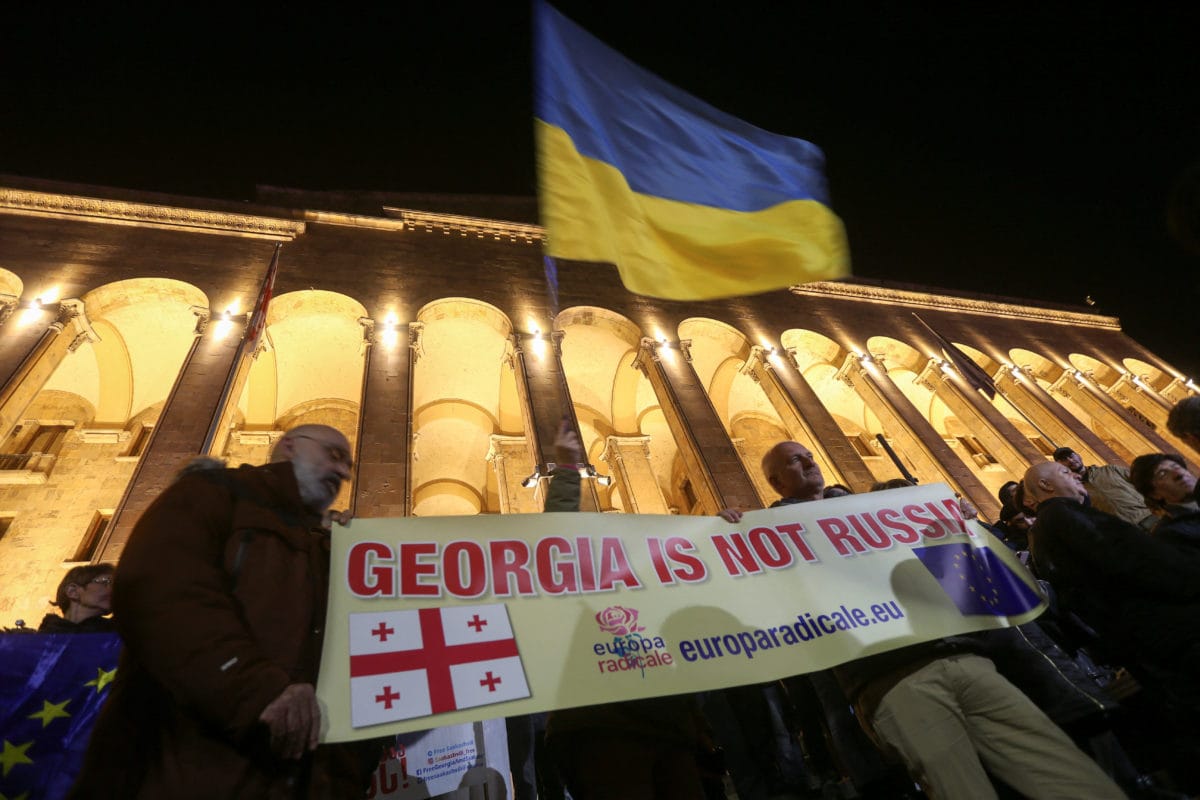
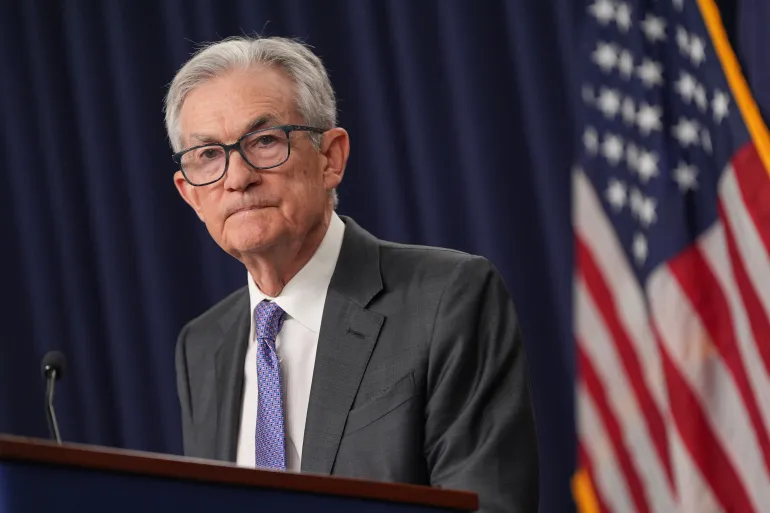

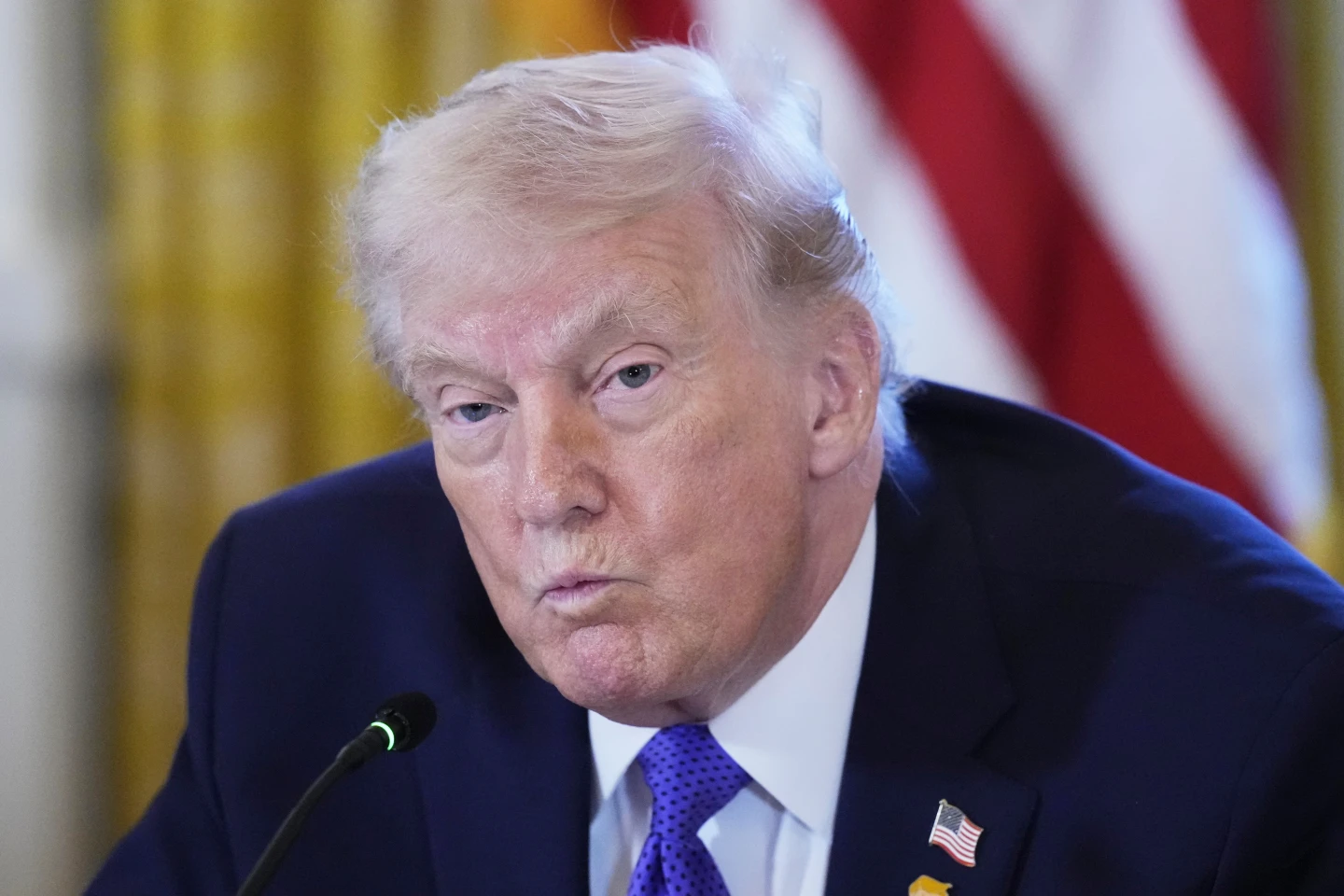
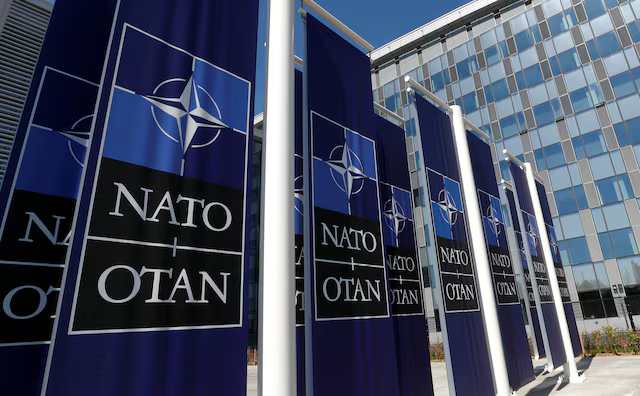



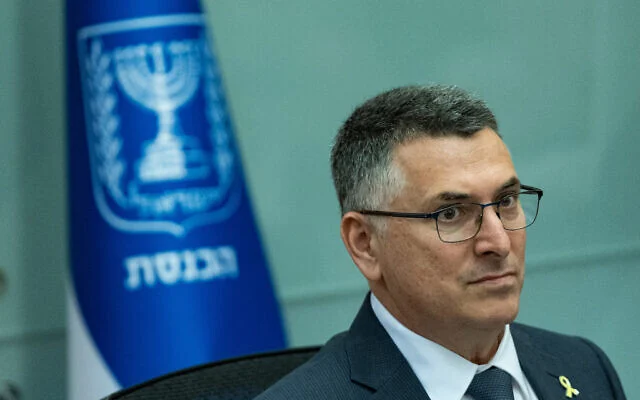
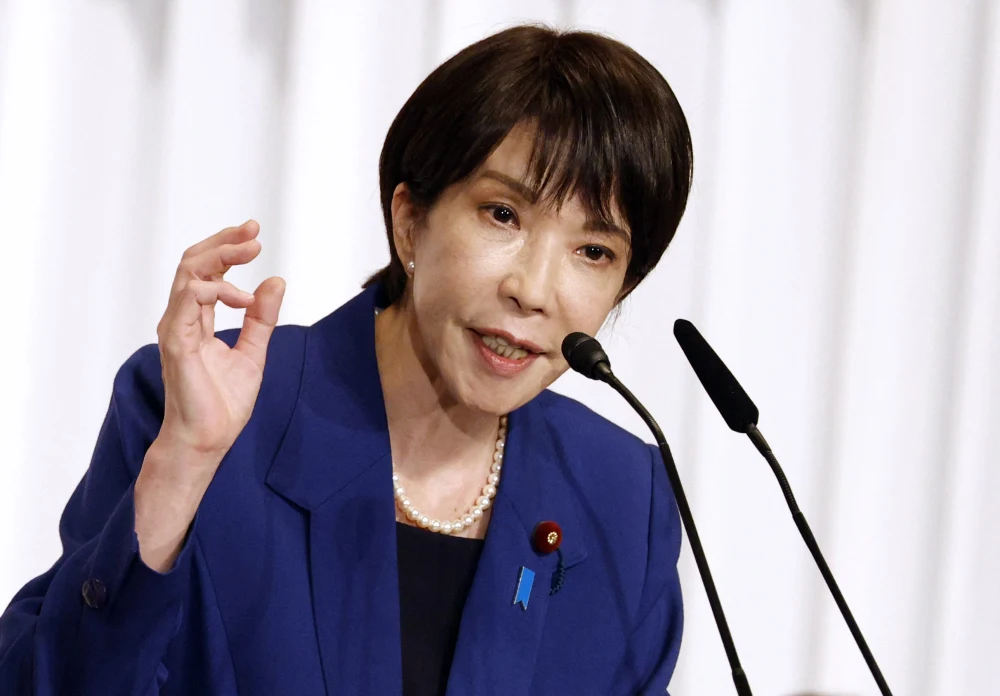

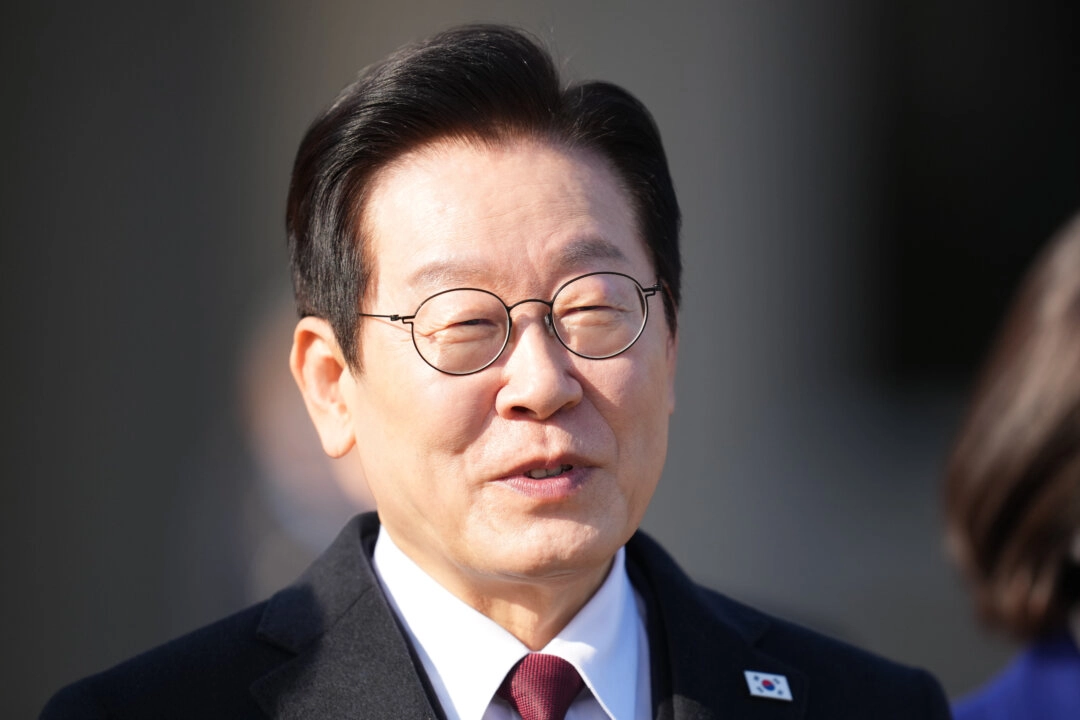
Discussion